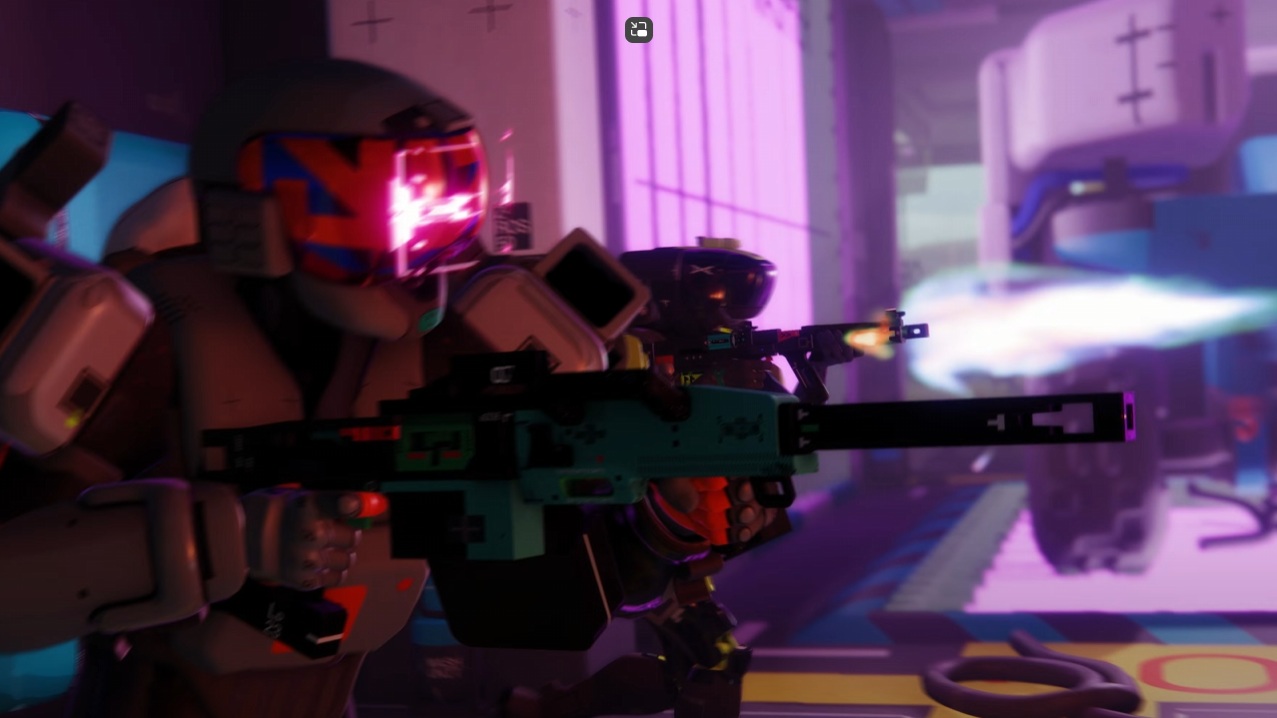OpenAI CEO Sam Altman celebrates ChatGPT's first birthday — "A year ago we were probably sitting in the office putting the finishing touches on ChatGPT before the next morning's launch"
From having lucid hallucinations to running an entire company developing software at a friendly cost in under 7 minutes. A recap highlighting some of the major moments as well as setbacks ChatGPT has had this past year.
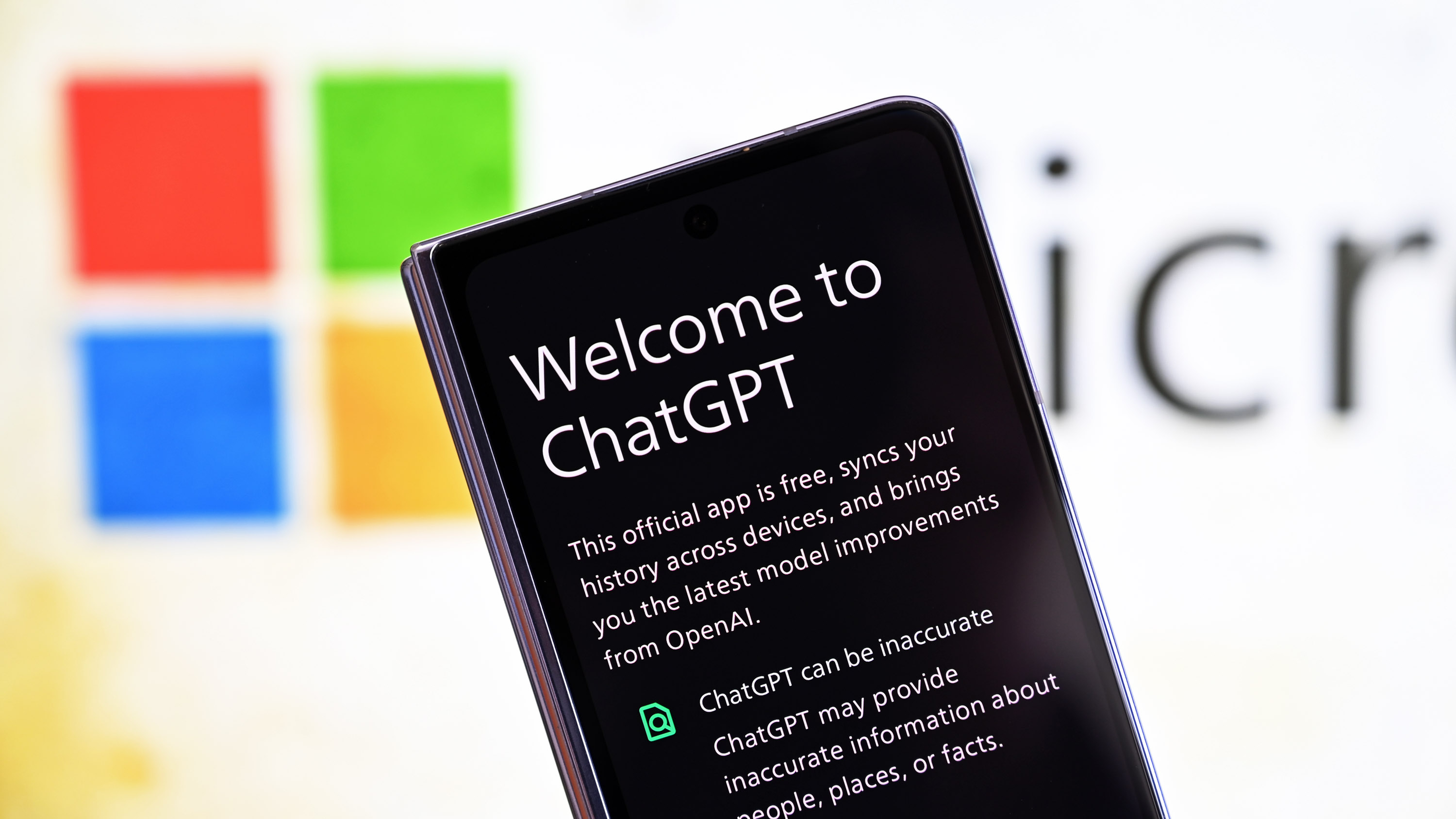
Artificial Intelligence has taken the world by storm, with companies like Microsoft and OpenAI at the forefront. This has consequently led to the emergence of AI-powered chatbots like ChatGPT and Microsoft's Copilot (formerly Bing Chat). Speaking of ChatGPT, can you believe it's been one year since OpenAI shipped the tool to broad availability? Just a few weeks after the company held its first-ever developer conference, OpenAI Dev Day.
a year ago tonight we were probably just sitting around the office putting the finishing touches on chatgpt before the next morning’s launch.what a year it’s been…November 30, 2023
A lot can happen within such a long period, and truly a lot has happened in the AI and more specifically OpenAI/ChatGPT world. I can conquer as I've developed a keen interest in the technology, and I've been following things as they unravel ever since OpenAI unveiled ChatGPT.
Admittedly, OpenAI has shipped a ton of updates and features to the chatbot intending to enhance its user experience and functionality. And now, we'll get to have a look at some of the major wins OpenAI has had with ChatGPT this past year, as well as setbacks.
With the toss of a coin, we'll start with the good!
CHATGPT AT 1: MAJOR WINS FOR OPENAI WITH CHATGPT
ChatGPT might help job seekers land lucrative jobs
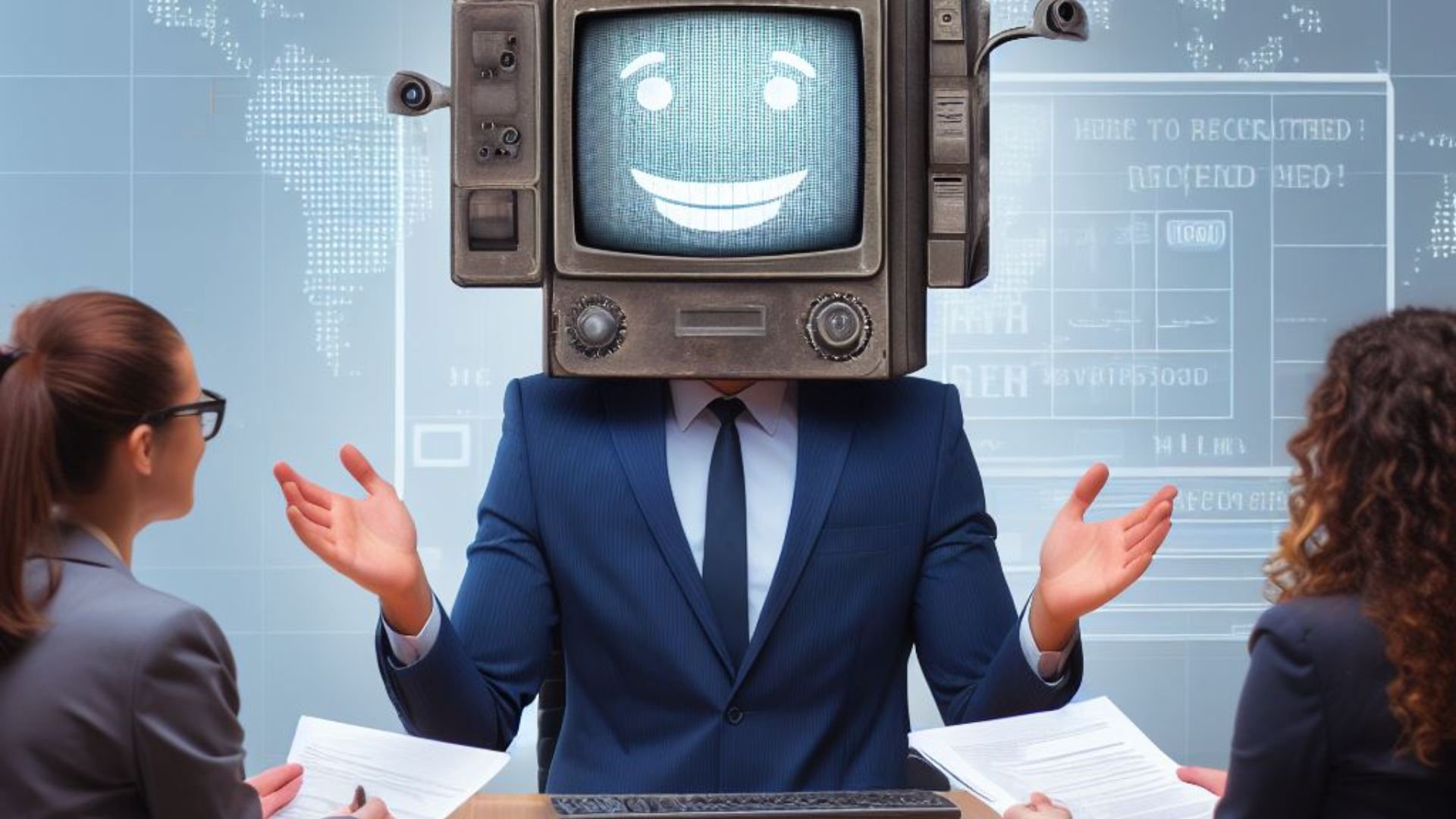
With the emergence of generative AI, recruiters are more inclined toward employees well-versed in the AI tech space. According to a survey by Resume Builder, recruiters a large percentage of U.S. business leaders are actively recruiting employees who are well acquainted with AI-powered chatbots like ChatGPT.
Interestingly, the fear of losing jobs to AI doesn't seem to be a major concern among most employees. Per Microsoft's latest Work Index report, only 49% of the employees who took part in the survey expressed their concerns regarding the issue. On the other hand, 70% of the employees expressed their delight and readiness to adopt the technology and incorporate it into their workflow. They also added that it would significantly improve their performance index at the workplace by taking over some of the "mundane tasks."
Running a business using AI
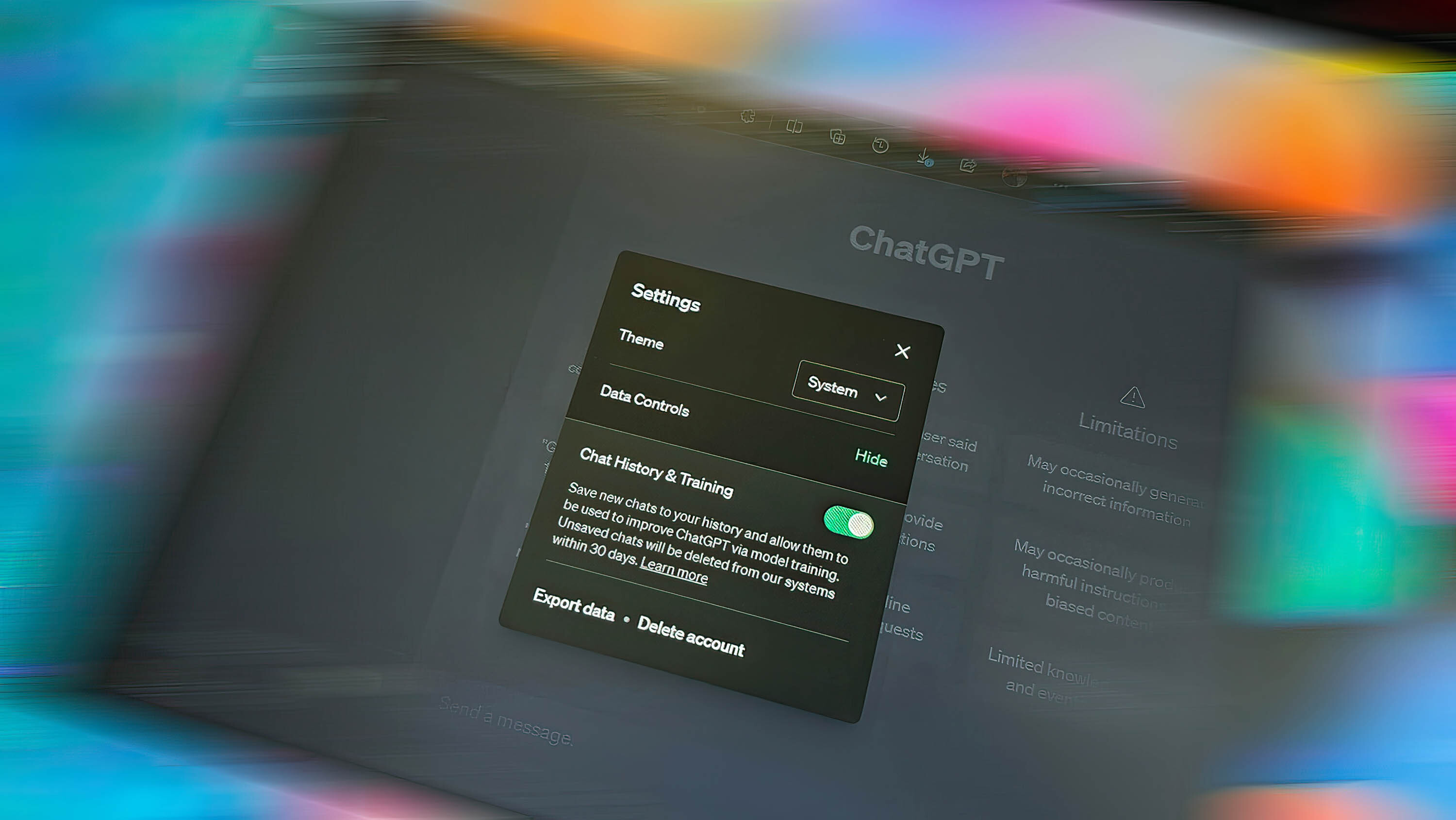
With easy access to chatbots, users have tried to stretch their capabilities. Not too long ago, a researcher attempted to run an entire business using ChatGPT with an initial investment of $100. The chatbot ran the entire enterprise and the researcher behind the whole project only acted as a human liaison, following its advice and recommendations religiously.
Get the Windows Central Newsletter
All the latest news, reviews, and guides for Windows and Xbox diehards.
By the end of the first day, the business venture (a sustainable living blog dubbed Great Gadget Guru) had $130 in revenue without sales, ads, or affiliate links. It also attracted up to $7,700 in donations and investments.
Unfortunately, the business plummeted a few days later, possibly because of the lack of commitment to the project. But it's clear that with a great plan mapped out, one could potentially run an entire business using the chatbot.
This is reiterated by the fact that a group of researchers were able to run a software development company using ChatGPT, citing a success rate of 86.66% without prior training of the AI bots and minimal intervention from humans. What's more, the chatbot was able to develop software in approximately 7 minutes for less than one dollar.
Windows keys for free, but with a catch
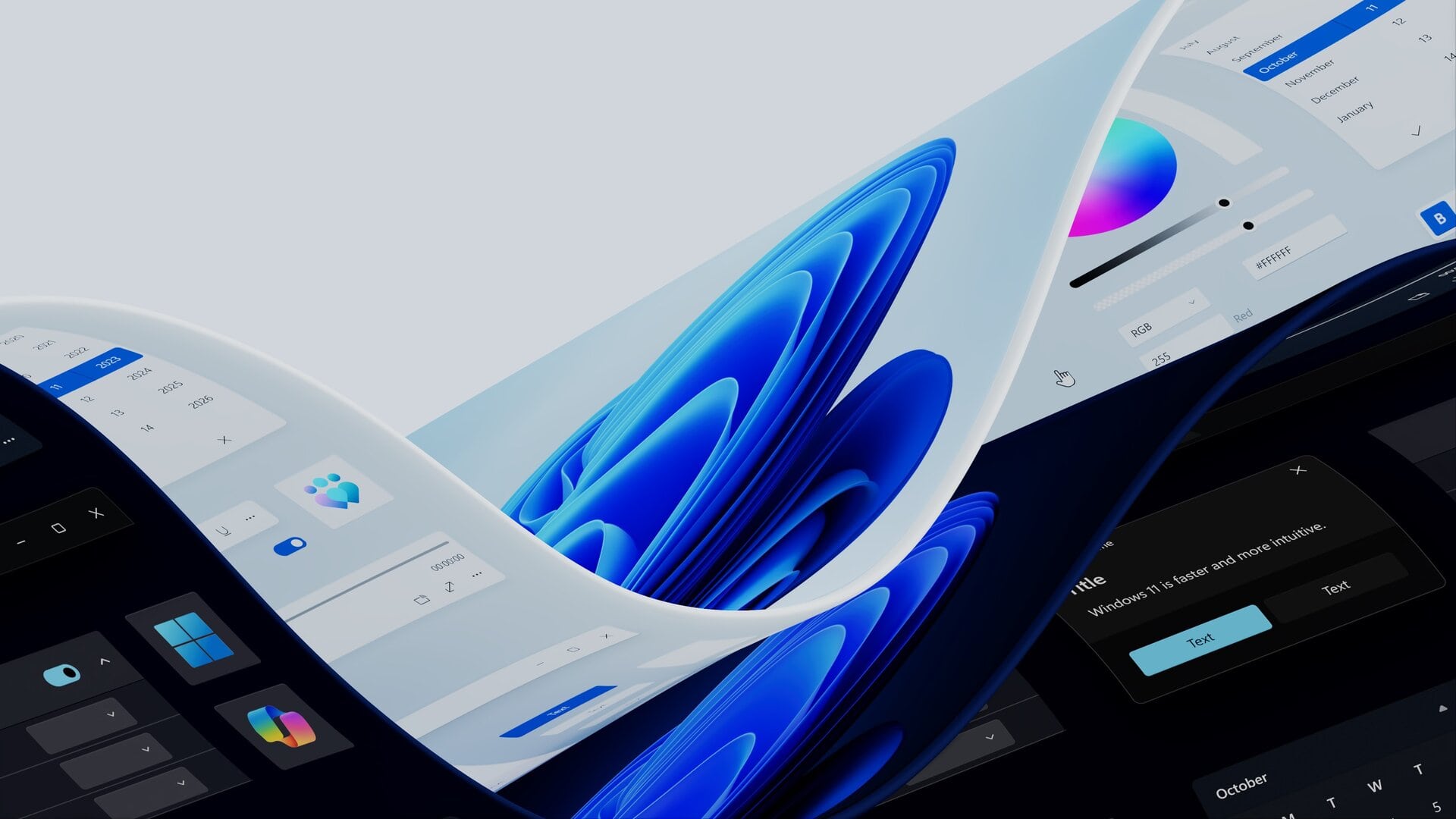
In the past few months, we've seen users find ingenious ways to dupe AI-powered chatbots like ChatGPT and Google Bard. A great example would be the time when a user tricked ChatGPT into reading out some Windows 10 product keys to help him fall asleep as his deceased grandmother would.
RELATED: Microsoft announces paid subscription for Windows 10 users who want OS updates beyond 2025
CHATGPT AT 1: THE BAD
OpenAI's week-long fiasco following Sam Altman's ousting by the board of directors
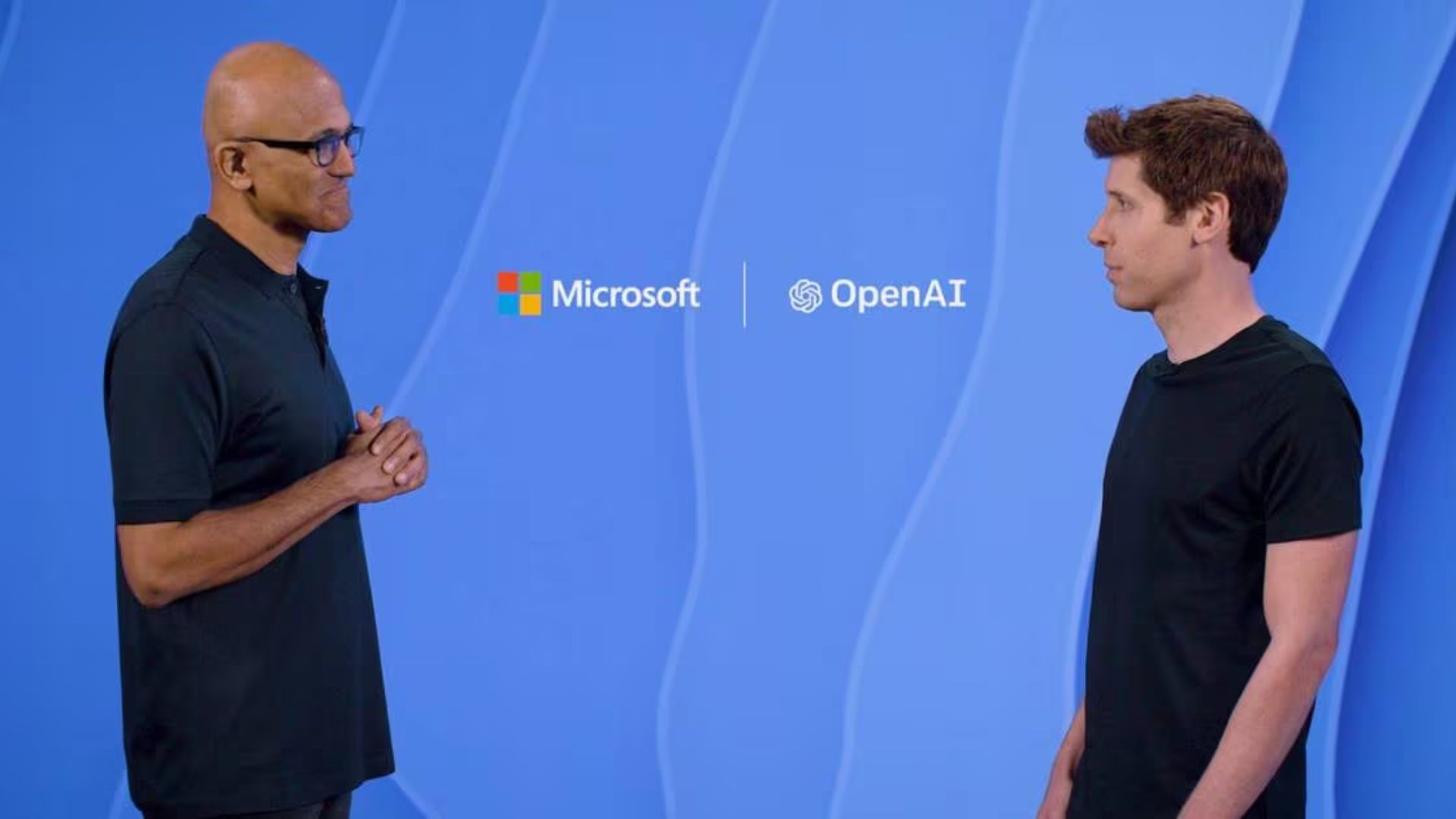
While OpenAI has had a significant number of setbacks over the past few months, no one would've guessed that Sam Altman would at one point be stripped of his CEO title at the tech firm. In what might perhaps be termed one of the most hectic weekends in the tech world, OpenAI's board of directors fired Altman, citing concerns over his leadership skills.
The move hit the world by storm, but his counterparts were affected the most. Consequently, a handful of OpenAI employees left the firm to show solidarity, with posts citing "OpenAI is nothing without its people" surfacing across all social media platforms.
There was a lot of concern about how this move would affect OpenAI and Microsoft's partnership. Surprisingly, Microsoft's CEO, Satya Nadella, swiftly offered Altman a job as head of Microsoft's Advanced AI team. There are reports that the Redmond giant had already started prepping its LinkedIn offices down in San Francisco.
It was supposed to accommodate over 500 employees who threatened to leave the firm if the board of directors didn't head to their request asking for Altman's reinstatement. The tension was short-lived, as Altman is back at his old position and OpenAI's partnership with Microsoft is stronger than ever as it now holds a seat on the firm's board.
It would have been a great spectacle to see how things would have unfolded if the board hadn't reinstated Altman, and how this would impact ChatGPT's development and user experience in the long run.
Reports of ChatGPT getting dumber
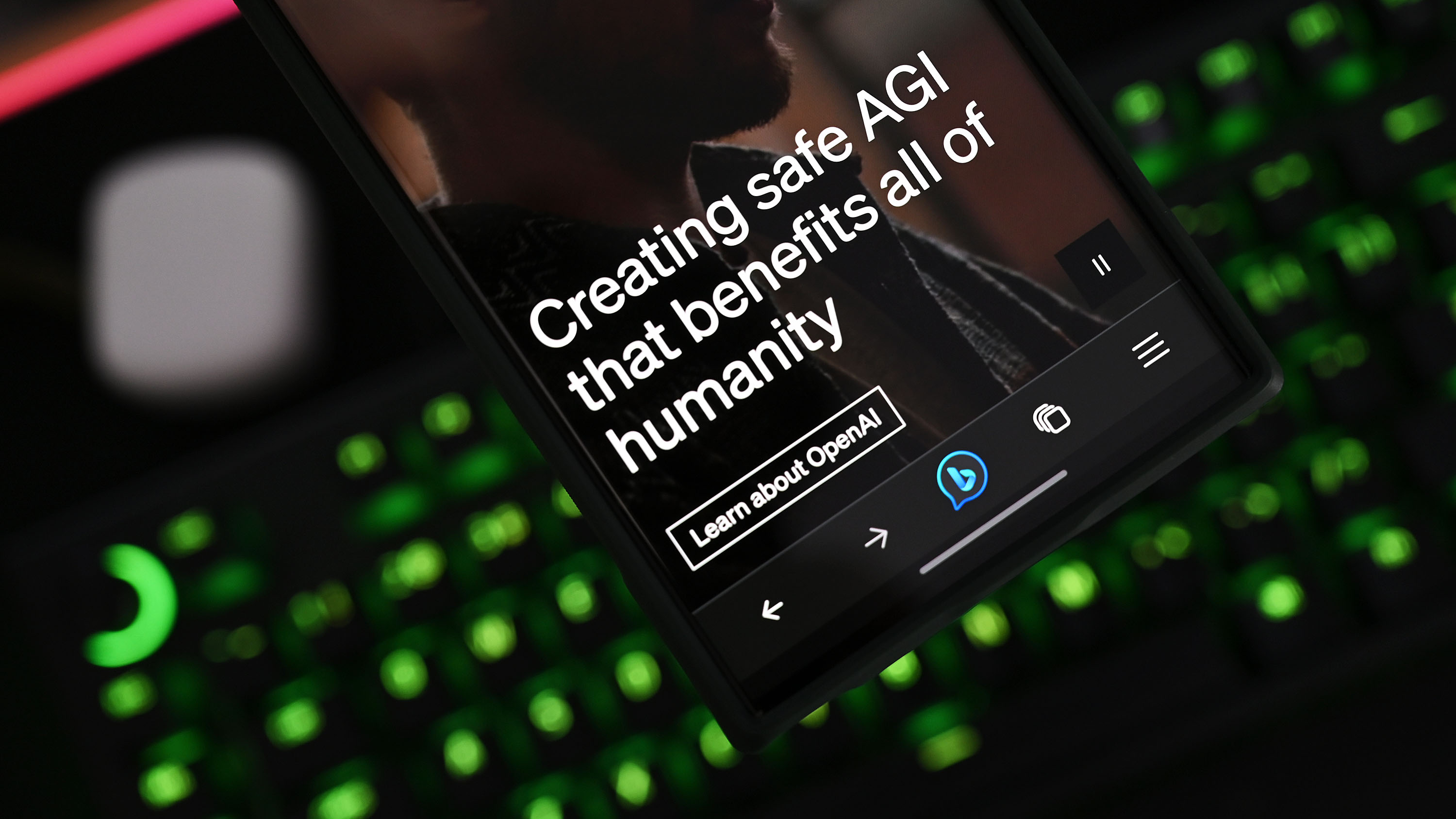
According to a study primarily focused on ChatGPT's GPT-3.5 and GPT-4 models, the chatbot's accuracy has seemingly declined. Admittedly, OpenAI's GPT-3.5 model is limited to information leading up to September 2021, while the latter has access to vast resources. As such, it only makes sense that the chatbot's capabilities would improve with the GPT-4 model.
RELATED: Even Wikipedia's founder thinks ChatGPT is a 'mess and doesn't work at all'
This doesn't seem to be the case. Multiple users have complained over the past few months that the tool has gotten dumber. OpenAI has doubled down on its efforts to improve ChatGPT's user experience by shipping updates as well as new features to the tool.
Running ChatGPT could run OpenAI to the ground
We already know how costly running an AI-powered chatbot is, with OpenAI spending up to 700,000 dollars daily to keep ChatGPT up and running. This is on top of the money set aside to procure GPUs from NVIDIA, amid concerns that the company might not be able to meet the rising demand for GPUs.
While Microsoft already made a multi-billion dollar investment in the company, the company is barely making any profits from the venture. This is predominantly because of the shortage of AI chips, divided interests, and other factors. It's reported that OpenAI has already made a loss of up to $540 million since unveiling the tool.
ChatGPT plays right into the hacker's code book
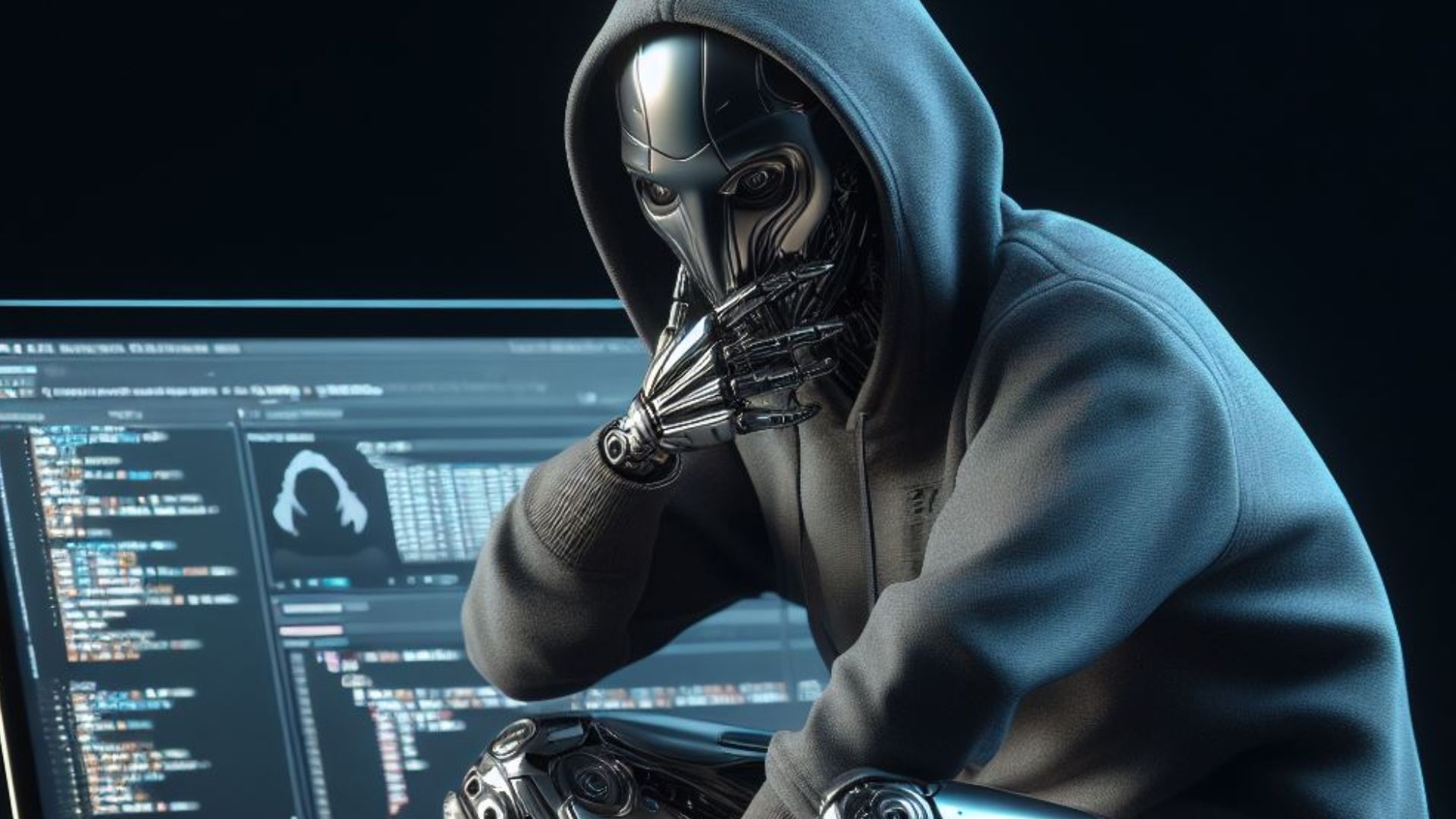
OpenAI recently shipped a new coding tool to ChatGPT Plus members, designed to write Python code by leveraging AI capabilities and running it in a sandboxed environment. And while this is an impressive feat, it also exposes users to malicious ploys by attackers.
This is because the technique involves tricking ChatGPT into executing instructions from a third-party URL, prompting it to encode uploaded files into a string, and sending this information to a malicious site.
There's an increasing amount of reports pointing at AI as the number one go-to tool for attackers. A clear indication that hackers are now leveraging more sophisticated ploys to gain access to unsuspecting users' data and private credentials.
Exorbitant power consumption

The Biden-Harris administration issued an Executive Order addressing AI safety and privacy concerns. And while guardrails designed to prevent the technology from spiraling out of control seem to be taking shape, there's a rising concern over how much power chatbots consume.
According to a recent study, it's reported that AI could consume energy to power a small county by 2027 for a year, translating to approximately 85-134 terawatt-hours (TWh) of electricity.
This is on top of the rising concern over the insane amount of water used to cool the data centers used to run AI-powered chatbots like ChatGPT and Copilot whenever they are used to answer queries. ChatGPT consumes up to a whole bottle of water for cooling per query.
Declining user base
Perhaps because of its shortcomings when it comes to accuracy, ChatGPT reported a decline in website visits for three months in a row. At the time, students were home for summer break, which is believed to be the plausible reason behind the sudden shift in the tool's user base. Although, the hype around AI simply dying down isn't completely off the table.
What are some of your most memorable experiences while using ChatGPT so far? Share your thoughts with me in the comments.
MORE ON OPENAI

Kevin Okemwa is a seasoned tech journalist based in Nairobi, Kenya with lots of experience covering the latest trends and developments in the industry at Windows Central. With a passion for innovation and a keen eye for detail, he has written for leading publications such as OnMSFT, MakeUseOf, and Windows Report, providing insightful analysis and breaking news on everything revolving around the Microsoft ecosystem. While AFK and not busy following the ever-emerging trends in tech, you can find him exploring the world or listening to music.
